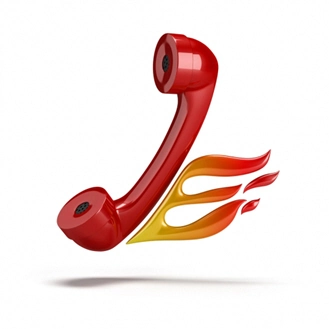
Dietary Interventions for Managing Late-Onset Hypogonadism in American Males
Reading Time: 3 minutes Introduction Late-onset hypogonadism (LOH), also known as age-related hypogonadism, is a clinical and biochemical syndrome associated with advancing age and characterized by a deficiency in serum testosterone levels. This condition can lead to a variety of symptoms, including decreased libido, erectile dysfunction, reduced muscle mass, increased fat mass, and mood disturbances. In recent years, the potential impact of dietary patterns on LOH has garnered significant attention, particularly among American males. This article delves into the relationship between dietary habits and LOH, exploring the potential for dietary interventions to mitigate its effects. Understanding Late-Onset Hypogonadism LOH is a prevalent condition among...





